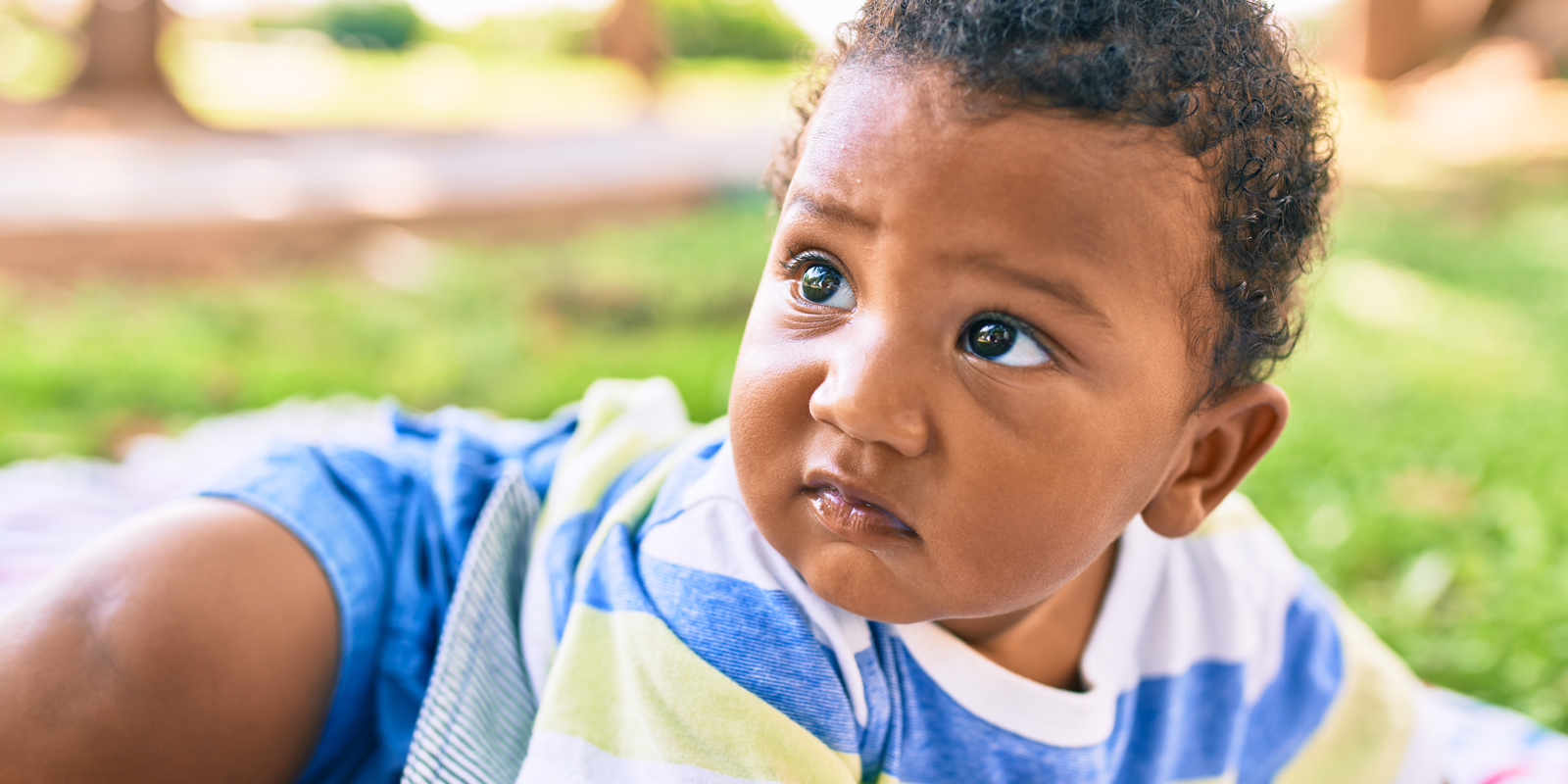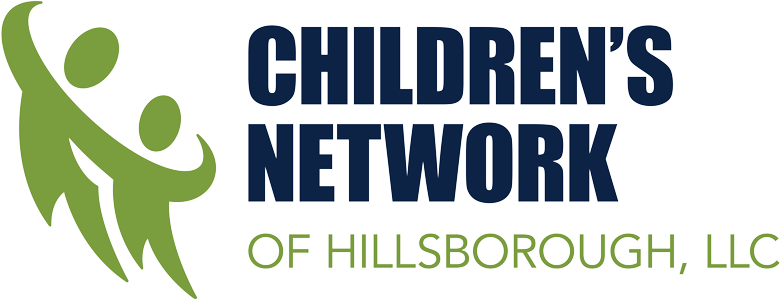KINSHIP CARE
When a child is not able to safely remain at home with their parents, a relative or non-relative caregiver who is willing and able to provide care for the child, is the next best alternative. Children removed from their home due to child abuse and/or neglect have often been through a great deal of trauma. Living with a kin caregiver helps lessen the trauma and creates a sense of stability for the child(ren). This allows the child to maintain connections with the family.
Kin Caregiver is a program to provide supports and financial resources to caregivers as they care for a child who was removed from their family home. This program is a temporary resource while the child’s parents work through challenges they need to for the child(ren) to safely return home. Other benefits include enabling children to live with people they already know and trust; helping children maintain extended family ties; allowing children to continue their family traditions and memories; providing love and care in a family setting; providing parents with a sense of hope that children will remain connected to their families; and supporting the children in building healthy relationships within the family and their community.
Assistance is available for relative and nonrelative caregivers. (Relative caregiver and nonrelative caregiver applications)
Kinship caregivers are encouraged to become licensed level 1 foster parents for increased financial assistance.
Level 1 is a Child Specific Foster Home provided by Kin caregivers and includes relatives, non-relatives and fictive kin and allows these families to be paid a foster care board rate. Level 1 foster parents receive the same support as Kin caregivers and are provided access to programs and resources to support them and ensure they are equipped to care for the child(ren) placed in their home. Kinship Specialists work closely with the Level 1 caregivers to provide resources to ensure a safe and stable home such as safety locks for homes with small children, fire extinguishers, and financial resources to assist in placement of the children.
The Guardianship Assistance Program (GAP) is a Title IV-E benefits program that is available to guardians who commit to caring for a child long term through permanent guardianship. The program offers financial assistance and other services, such as Medicaid, to the children and their relatives. GAP strengthens permanency for children discharged to permanent guardianship. To be eligible, a child must be placed with licensed relative or fictive kin (Level I) and be eligible to receive foster care board payments for at least 6 consecutive months; the Permanent Guardianship Case Plan must include the required language (Ch.39.6225 – 10(a-g)); and the caregiver must enter into a Guardianship Assistance Agreement for the child prior to the court discharging the child to Permanent Guardianship. Available caregiver benefits include monthly payment of $333 for support of the child; Medicaid benefits until 18 years of age (or 21 if eligible for Extension of Guardianship Assistance Program); college tuition and fee exemption; and is available for children living out of state.
EGAP is available to a caregiver who entered into an initial Guardianship Assistance Agreement (GAA) for a 16- or 17-year-old child. EGAP is available until 21 if the child participates in at least one or more qualifying activities (school, work, etc.) EGAP allows case management agencies to provide additional support to relatives.
Kin caregivers play a vital role in the lives of the child(ren) entrusted in their care, including:
Providing for the basic daily needs, such as food, clothing, shelter, and supervision; transporting the child(ren) to appointments, court hearings, and visits with family; arranging medical and dental care; and role modeling positive parenting to the child’s parents.
Kin caregivers are provided access to programs and resources to support them and ensure they are equipped to care for the child(ren) placed in their home. Available supports include:
child receives Medicaid to cover medical, dental and therapeutic services; education supports; access to financial resources to help meet the needs of the child(ren); and connections to community services.
While the case is open, a case manager will be assigned to the case to assist with any service needs of the child. Kinship Specialists can assist in linking kinship caregivers to community resources, even after case closure.
You can see what happens after the case is closed by clicking on the GAP Brochure and Permanency Brochure
Brochures & Resources







